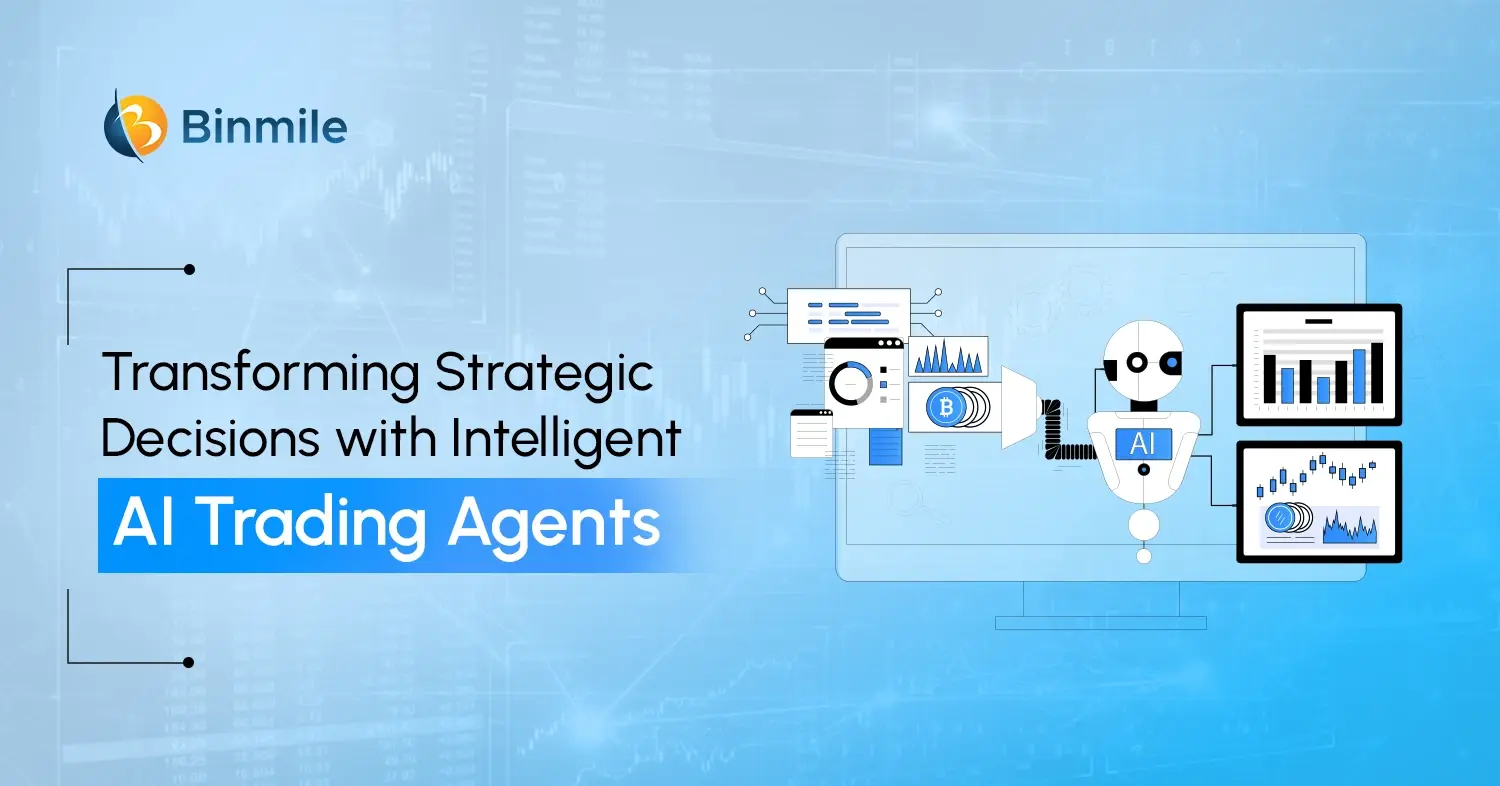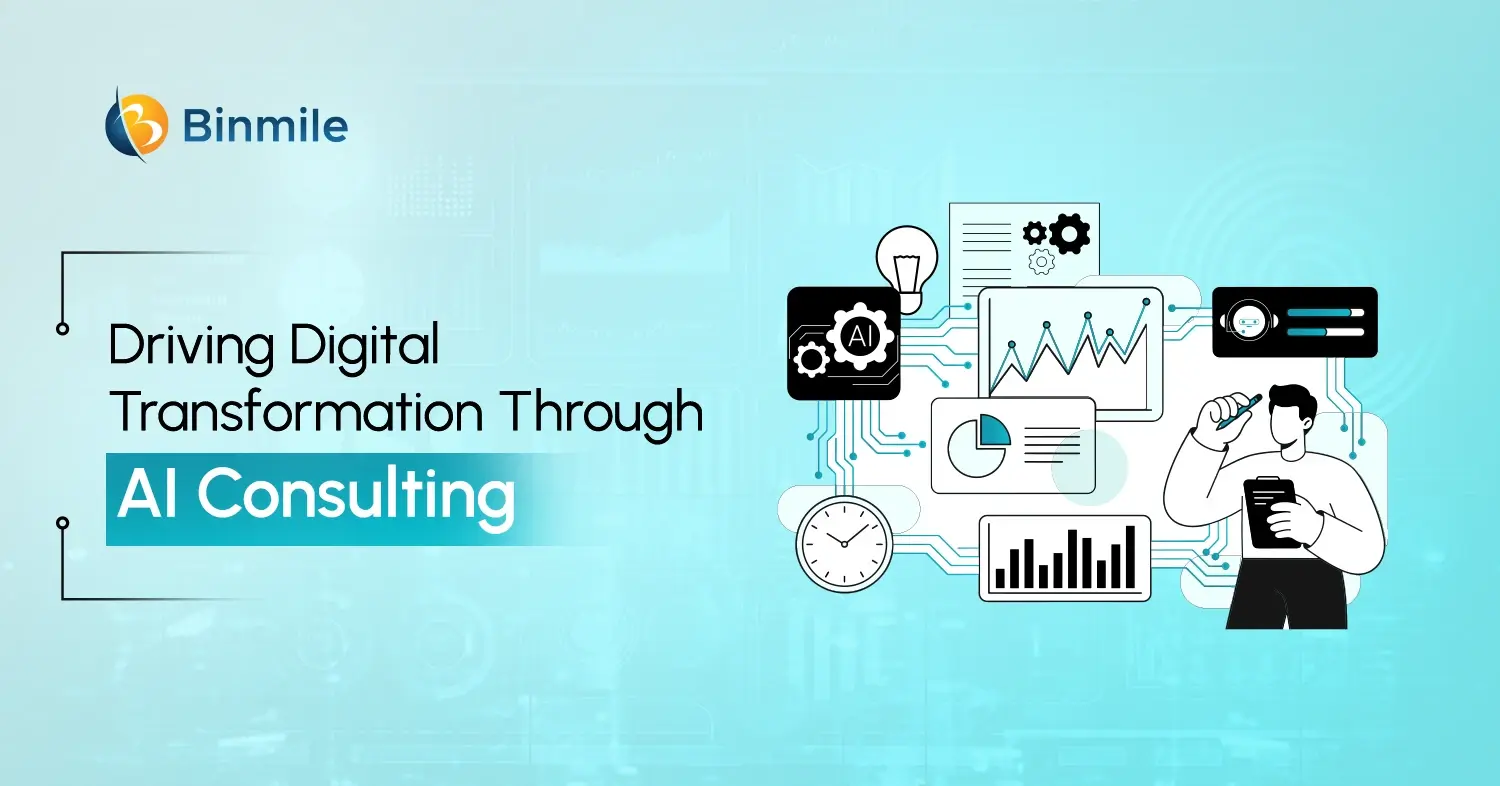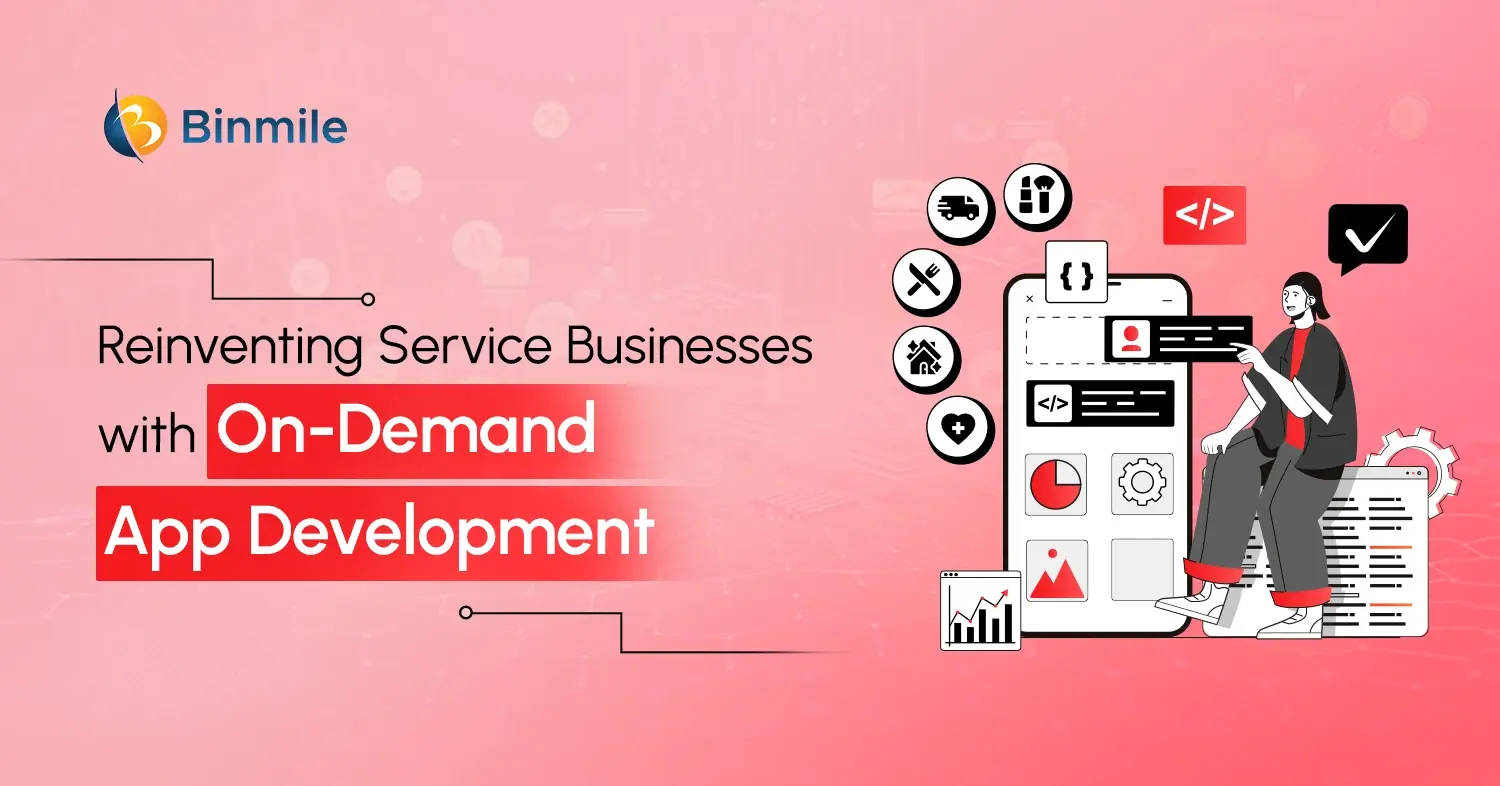- AI capabilities to improve your mobile apps
- AI-powered apps
- AI-powered mobile apps
- app development
- build ai-powered mobile app using React Native
- build ai-powered mobile app using TensorFlow
- custom mobile app development
- Mobile App Development Company
- Tips To Build AI-Powered Mobile Apps
- use of artificial intelligence in mobile app development
AI mobile apps integrate artificial intelligence with a mobile phone’s functions and services. The goal is to harness the power of AI into building AI-powered apps capable of helping businesses make data-backed intelligent and critical business decisions. The rapid adoption of mobile devices worldwide has given rise to the involvement of AI in mobile application development to build engaging mobile apps increasingly smarter.
Market Analysis of AI Mobile Apps
The release of ChatGPT is believed to have catalyzed the surge in AI-powered mobile apps. According to the survey by Deloitte, 65% of smartphone users in 16 developed markets used an app featuring machine learning. The most important reason for increasing the value of AI in mobile apps is the expected growth of the market size of artificial indigence going strong.
According to Statista, the AI market size value of nearly $100 billion is expected to jump twentyfold by 2030. The study by Grand View Research also shows the promising growth of the AI market size, at a CAGR of 37.3% from 2023 to 2030. In 2022, the value of its market size was around at USD 136.55 billion, as reported.

How Does Artificial Intelligence Empower Mobile App Development?
From transpiring automated efficiency to reducing manual load and enhancing organizational competitiveness, the limitless power of AI is helping them make informed decisions. In addition, its integration in app development especially in super app development is streamlining SDLC. Technically speaking, the use of artificial intelligence in mobile app development is based on three determining criteria, data, security, and analytics.
- Utilizing The Power of Data-Backed Information: Mobile apps can work better and smarter depending on the quantity of quality data they receive. Machine learning models feed on such data to understand the underlying patterns and eventually make better predictions. The caution here is not to overwhelm the system with the data avalanche. It will negatively affect the overall experience of mobile app users. Just have the right type of data to make your mobile app perform better.
- AI Can Empower Security of Mobile Apps: Security in mobile applications has become one of the core necessities. Considering the growing number of cybercrimes hacking sensitive data of mobile phone users, mobile app security is a must-have feature. For instance, an AI-powered mobile app with an image recognition feature would mean handy for ensuring the correct identity of users, as well as helpful for eCommerce objectives. Moreover, harnessing the power of AI automation tools and machine learning models to detect nefarious online conduct improve the cybersecurity of a mobile app.
- AI-Powered Apps to Harness The Power of Big Data: One of the boundless powers of artificial intelligence lies in effectively harnessing the power of Big Data. Since finding patterns or correlations in large-scale data is extremely crucial, AI-powered apps can deal with large databases effectively. Therefore, top mobile app development companies leveraging the power of AI-powered apps can facilitate can deal with big data.
AI Mobile Apps – The Core AI Technologies for Mobile Applications
1. Machine Learning
Perhaps the most powerful subset of artificial intelligence, machine learning (ML) facilitates better decision-making. The ability to make better decisions rests on the fact of how extensively it has gone through training on a huge dataset. From identifying patterns to deciphering data points, ML eliminates the need for human intervention when it comes to drawing conclusions.
The ability of ML to make data-based conclusions allows companies to make informed decisions. It may surprise you to learn that most of what we witness in the field of artificial intelligence these days is actually the work of machine learning. If you’re looking to develop machine learning app, understanding its role in decision-making is crucial for creating innovative and efficient solutions.
2. Natural Language Processing (NLP)
NLP, as one of the subfields of AI, is all about interpreting, reading, and understanding language by machines. Based on how it understands the language, a machine is able to respond to a user accordingly.
3. Deep Learning

Deep learning is a neural network with three or more layers (such as input layers, learnable layers, activation layers, etc.). it enables computers to process data by simulating the cognitive function of human brains. This technology is one of the most important subfields of AI that free up resources by automating automate tasks. in other words, it performs tasks that typically require human intelligence to process.
4. Computer Vision
The algos of computer vision try to decipher an object by looking at its various segments. It facilitates better output decisions by classifying and learning different images. To say the least, computer vision enables computers to identify and process digital images, videos, and other visual inputs. It is designed to extract information by replicating the cognitive function of the human brain. So, technically, its behavior of extracting information from the source is similar to how a human does.
5. Cognitive Computing
The technology simulates human brains. Basically, it mimics human thinking. It makes use of self-learning algorithms based on pattern recognition and data mining to solve complex problems.
How to Use Artificial Intelligence in Mobile Applications

A mobile app must feature a lot of key essentials that would constitute its overall efficacy. For example, improved engagement and better user experience. Artificial intelligence is quite capable of doing that. By harnessing the latent power of AI, a mobile app can have better engagement and retention of inbound traffic. This, in turn, improves the chance for conversion rates.
Here is our brief rundown on AI capabilities to improve your mobile apps.
1. Bringing Automation to Testing
Automated testing is an efficient replacement for manual testing. Why? Because in manual testing, there is a higher chance of committing technical errors or leaving room for bugs in the app. Moreover, manual testing is annoyingly time-consuming. It literally pans out waste of time of expensive resources deployed for testing the app. Automated testing with CI/CD using modern tools smoothly automates the mobile app development process.
From unit testing to integration testing and functional testing, using artificial intelligence would mean efficiently automating the testing tools. As a result, you can enrich the performance scale of your mobile app, keeping it in alignment with the changing requirements.
2. Generating High-Quality Content Faster
When it comes to improving user engagement and retention on a mobile app, content is one of the most important factors to consider. In fact, high-quality content is the lifeblood of an app’s overall user experience. Creating informative content manually is an arduous and time-taking exercise.
Therefore, using AI-assisted development would mean getting the job done in a few seconds. Yes, artificial intelligence will make it easy for creating content, like articles, blogs, and reviews by making use of preexisting data and templates. With nominal human intervention, content generation using artificial intelligence would pronounce unmistakable engagement and retention of users on your AI-powered app.
3. Boosting Personalized User Experience
A personalized user experience is today’s one of the most demanding business strategies. Every company, including the banking sector, is attempting to provide in-app personalization to their users. For this, they undertake a broad range of unique strategies just to keep their users engaged.
AI-powered personalization comes in handy for companies, helping them keep the users engaged on their apps. Moreover, personalized recommendation helps users find the most suitable product faster. In-app personalization through AI would transcend the overall user experience of your app.
PRO TIP: Consult a mobile application development company if you lack the resources and time to get an AI-powered app built for your business success.
4. An Intelligent Analysis of User Behavior
How about telling your users you understand their expectations and can deliver services accordingly? Sounds great, doesn’t it? Well, AI-powered apps are hardwired to analyze data of user behavior and can make recommendations accordingly. Based on how artificial intelligence understands customer behavior using the data analysis technique, enhancing user experience becomes easier.
For instance, some users can get specific types of content based on their visiting time and location. Moreover, the machine can read underlying patterns of customer data regarding purchase history o product reviews. As a result, predicting certain case scenarios could be easier. For example, using AI in mobile applications would mean flagging wrongful data earlier to pave the path for their quick resolution.
5. Smart Way of Detecting Fraudulent Activities
In today’s connected business, rising cybercrimes is a grave concern for businesses. One of the serious concerns companies face in this context is the detection of fraudulent activities. For example, fraudulent transactions account for the loss of billions for businesses. AI is capable of detecting flagging irregularities and identifying customer behavior patterns that would imply fraud or deviating oversights. Early detection of fraud would enable you to address it effectively.
6. Great Virtual Assistance
AI-powered virtual assistants, for example, can use speech recognition technology to understand a speaker’s voice. As a result, performing any requested command from the users would be manageable efficiently using the digital assistant. Apart from saving time with prompt assistance to users, digital assistant powered by AI can address the problems raised by people with hearing impairments. Most importantly, AI technology can help the sales team to create dynamic call scripts. Conclusively, using the tech would mean being able to provide a better customer experience.
Other Reasons For Choosing AI In Mobile Apps:
- With AI-designed chatbots, solutions to the queries of users will be handled better, thus improving customer service. It comes in handy for users using a travel app to book accommodations or air flights.
- AI can facilitate object detection, thanks to image recognition technology. It will help insurance companies expedite claim resolution and underwriting.
- It can prove its efficiency in an era of growing hacking incidents by enabling better security in mobile apps.
- AI technology will be a game-changer in healthcare or fintech with data-backed insights into consumers. It can facilitate predictive analytics to improve business performance.
Tips to Build AI-Powered Mobile Apps Using React Native & TensorFlow
1. Choosing TensorFlow.js library and React Native
Start with some deep learning tools, like TensorFlow (Google’s deep learning tool) to build your AI mobile app. Google’s classifier known as INCEPTION is also a prerequisite. For example, you need to follow certain steps to build an image recognition app with TensorFlow and React Native. First of all, install TensorFlow.js library to facilitate the training process of deep learning models. it comes with tools to finetune and optimize the models.
Now, the model requires training and so, use TensorFlow.js to do the job. The training will enable it to recognize images of your preference. The library of TensorFlow.js contains several pre-trained models that you can use to train your own model. Your project directory must have a JavaScript file named rn-cli.config.js created in the directory’s root. Now label the TensorFlow model, add the label output to the asset directory, and ultimately initialize an API class (i.e., tfImageRecognition).

Code to enable your model to identify the image of your choice using the training set. It is something like the following –

Integrate the “trained” model into your React Native app to enable it to make predictions on new images. To capture or select images, you would need a user interface to pass the captured images to the model for prediction.
Also Read: AI App Development Cost
Wrapping up
It’s a no-brainer to understand the immense capabilities of artificial intelligence. That’s why the application of technology in building AI-powered mobile apps makes sense. From enabling mobile apps to be more user-friendly to making them efficiently powerful in processing huge amounts of data in real time, AI can transcend the efficiency in the way users interact with their phones. And the implication is quite evident.
AI-powered apps would mean a quantum leap for software outsourcing companies in USA to stay ahead of the curve. That’s why building an AI-powered mobile app is an indispensable necessity for companies. The technology-powered apps will enable organizations to make informed decisions in critical times. For instance, insurance companies would utilize in-app personalization facilitated through AI algorithms for analyzing customer behaviors.
Meticulously analyzed data of customers by AI will be of extremely helpful for companies to understand their customers better and launch services or products accordingly to stay competitive in their niche. Last but not least, hire an experienced AI application development services provider to reap the benefits of AI in today’s competitive business world. You can entrust your AI-powered software requirement to Binmile, a globally-renowned and award-winning IT services company.









